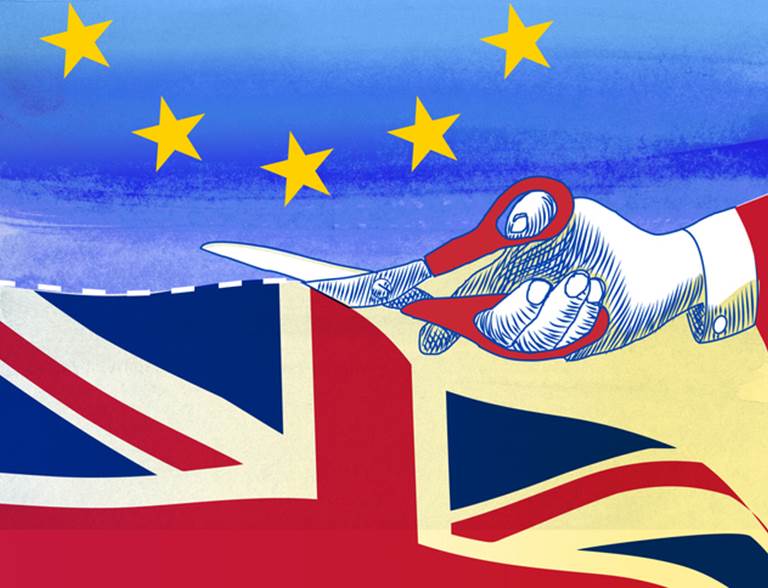
Building new European pension alliances
Europe is rapidly changing. The Brexit process is now reaching the end game, 2019 sees elections for a new European Parliament, and a new European Commission will also be chosen next year. While these developments make political processes and alliances far less predictable, the support of allies is essential if ideas are to be realised.
Issues relating to pensions and economical and political developments do not resolve themselves, but our once closed-knit club of 28 member states appears to have entered an uncertain and chaotic period. Who can we rely on now to get things done?
Brexit and pension organisations
Brexit can have several very concrete consequences. Many of the financial and administrative services that are key to PGGM are performed overseas, for example. Does this cause major problems for the Dutch pension sector? Not necessarily.
It would probably be relatively easy to move specific services, depending on type and provider. Services such as data provision, trading platforms and custody of securities, for example, could operate perfectly well somewhere else that is part of the EU, provided a good offer is received.
It is expected that issues will arise more in the political sphere in the longer term. Specific requirements for green investments, for example, impact heavily on investors throughout Europe.
The United Kingdom was often seen as an ally of the Netherlands in the European political arena. In terms of pensions, the British pension system based on funding shows striking similarities to our own. As a result, we often have similar wishes in the European Council and the European Parliament. Alignment of our positions in the decision-making process is a natural consequence.
Political pragmatism
When votes are held on regulations that affect us, it is always good to have an ally that is taken seriously on the geopolitical stage. The British were always our ally in holding off capital requirements for pension funds at European level, for example.
And we often joined forces with the UK to present a shared, uniform message to policymakers in Brussels. This natural partner will soon be leaving the room, however. That weakens our voice in the Brussels decision-making process.
As it is not possible to act alone in an international political context, it is imperative that we start searching for new companions. European legislators are busy drafting regulations for sustainable investing and financial supervision while the IORP II Directive now must be implemented.
Such issues have an immediate and direct impact on pension organisations. It is therefore both logical and sensible to seek collaboration with relevant parties from other EU member states. It is a good idea for the Netherlands as well as other member states to explore the potential for collaboration now that an important partner is being lost.
The current situation calls above all for pragmatism and realism. One thing is clear, however: the current situation demands new forms of collaboration, to address the challenges of investing in a sustainable European economy, for example. For us, as a pension institution, it is essential to assess on a topic-by-topic basis how we can work together and what we can learn from other (pension) stakeholders.
Over the coming months, PGGM will explore three highlighted cases in depth. We begin by looking at France, where sustainable investing plays a central role in our search for new partnerships. We then examine what we can learn from Denmark in terms of the pension system debate. Lastly, we visit Germany to examine the future of pension communication.
This is the first blog in our series of four about post-Brexit pension alliances.
Authors: Michel de Jonge, Nine de Graaf and Peter Oortmann (trainee Public Affairs)
Share or Print Article
click on the icon




